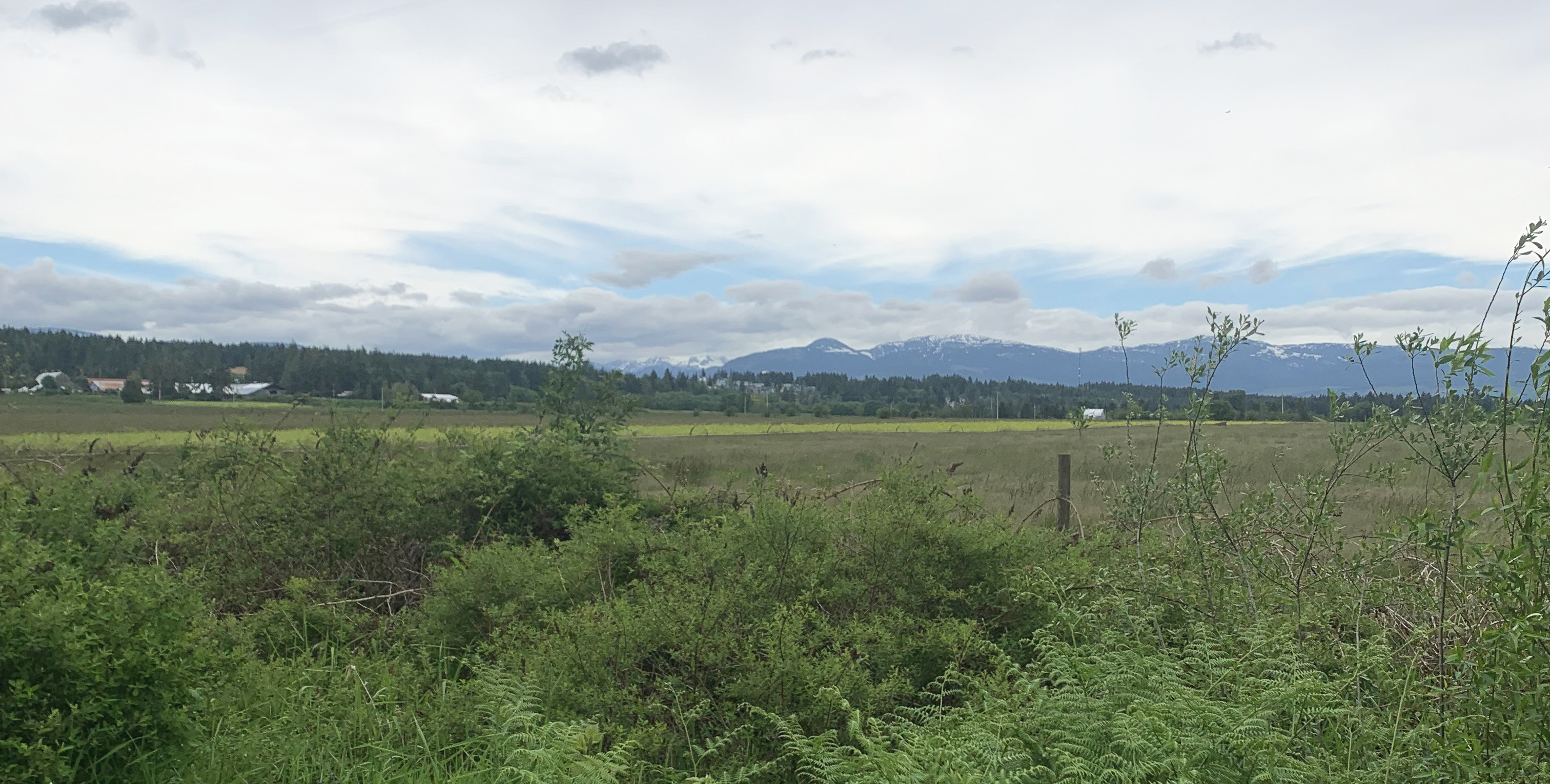The Climate-Biodiversity-Health (CBH) Nexus project aimed to advance integrated community planning by developing an experimental framework consisting of three strategic areas critical to sustainable development: 1) climate action, 2) biodiversity conservation, and 3) community health, the climate-biodiversity-health (CBH) nexus. Applying the CBH nexus framework to different community planning areas elucidates how strategies, policies, and actions align or conflict with imperatives for the sustainable development of local food systems.
This community-based participatory research approach engages stakeholders and local governments in the Comox Valley region, British Columbia, to build an understanding of how communities can better engage in integrated food systems and sustainable community development planning. The research contributes practical outcomes by developing frameworks and tools for practitioners to use for their planning needs, as well as a produces findings and recommendations for integrated food systems planning and policy.
About the CBH Nexus Further Developing the CBH Nexus

Source: Photograph provided by Marla Temoin.
- Phase 1. Development of a CBH framework using comparative case study methodology to examine climate action, biodiversity conservation, and community health strategies occurring in the case study communities.
- Phase 2. Develop systems models that capture relationships between strategies, benefits, trade-offs, and challenges within the CBH nexus through a series of online community workshops, examining how different local food systems strategies potentially align or conflict with climate, biodiversity, and health objectives.
- Phase 3. Conduct document analysis to reveal areas of integration and gaps for strengthening local food systems planning and policy.
Download Phase 1 Report Download Phase 2 & 3 Report
THE SYSTEMS MAP displayed below captures the relationships that food systems form with components of the CBH nexus in the Comox Valley region (and elsewhere). The systems map was produced through interview data and refined through stakeholder workshops, with the final map containing nodes that represent issues, strategies, and key considerations related to food systems and the CBH nexus.
The systems map is multi-levelled. Click on one of the nodes below to open the left-hand panel, and then click the link in the URL box to open the subsystem related to the node. To reset and return to greater systems map, click the reset button below:
THE ANALYTICAL FRAMEWORK for document analysis is prepared as a matrix which researchers and practitioners can use to examine areas of integration and gaps in their planning and policy documents. The matrix displays the relationships that form among food systems issues and strategies and climate change, biodiversity, and community health considerations. In this research, the matrix was developed as an analytical framework for examining the systems relationships that are and are not captured in the sustainability plans of Comox Valley communities; however, the analytical framework can be adapted to other communities. Download the matrix-based analytical framework by clicking the button below:
THE SYSTEMS ANALYSIS WORKING PROJECT features systems relationships among food, climate change, biodiversity, and community health issues and considerations. The system was analyzed using Gephi, which is a free network and system visualization and analysis software that can be found here. The working project for the systems analysis (Gephi format) and output from the analysis (MS Excel format) can be downloaded using the buttons below:
Download Systems Analysis Working Project Download Systems Analysis Output
The CBH nexus is a potentially valuable framework for facilitating integrated planning and policy; however, as a relatively new framework, it has limitations and areas where it can be further developed, conceptualized, and understood. Three such areas include its:
- value in terms of integrating social justice into planning,
- ability to handle different scales of planning, and
- possible applications to local planning and governance.
Accordingly, a workshop was held that explored and further developed the CBH nexus concept and framework with respect to considerations around (1) social justice, (2) scale, and (3) applications. The workshop involved a group of scholars and researchers from Royal Roads University and the University of Victoria, who collectively represent a range of knowledge in sustainability issues and diverse experience in academic, practitioner, and government work. Workshop participants used the CoLabS platform and a series of virtual ‘activity rooms’ to share thoughts and ways of further developing CBH nexus concept and framework with respect to social justice, scale, and applications.
This project is supported by funding provided through Social Sciences and Humanities Research Council (SSHRC) Insight Grants program.
